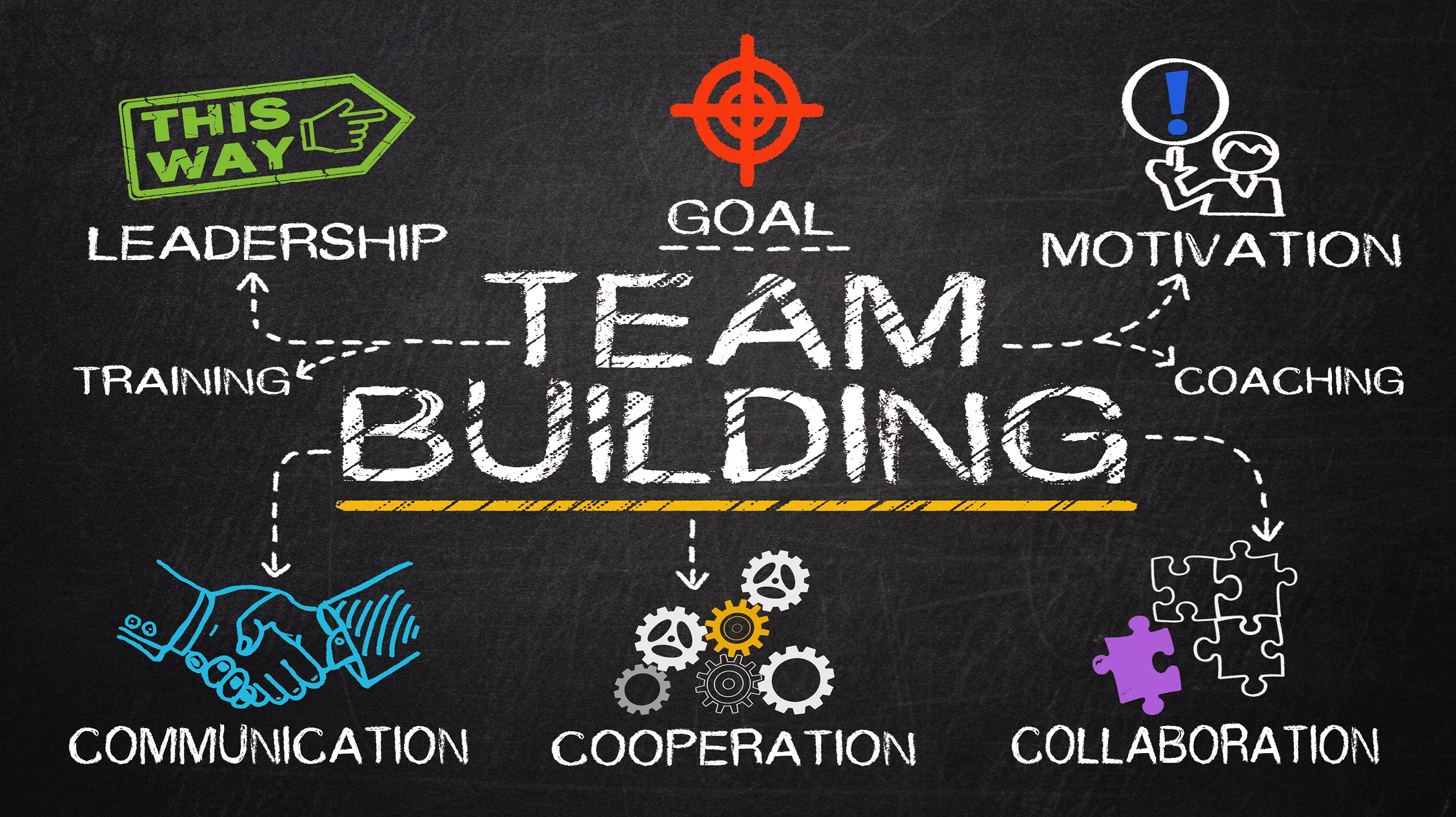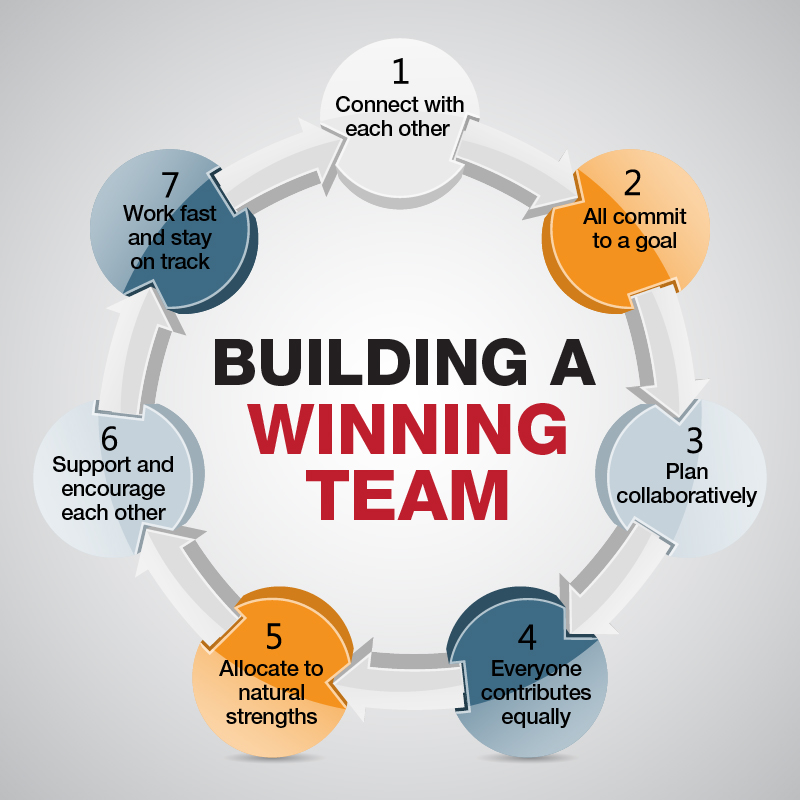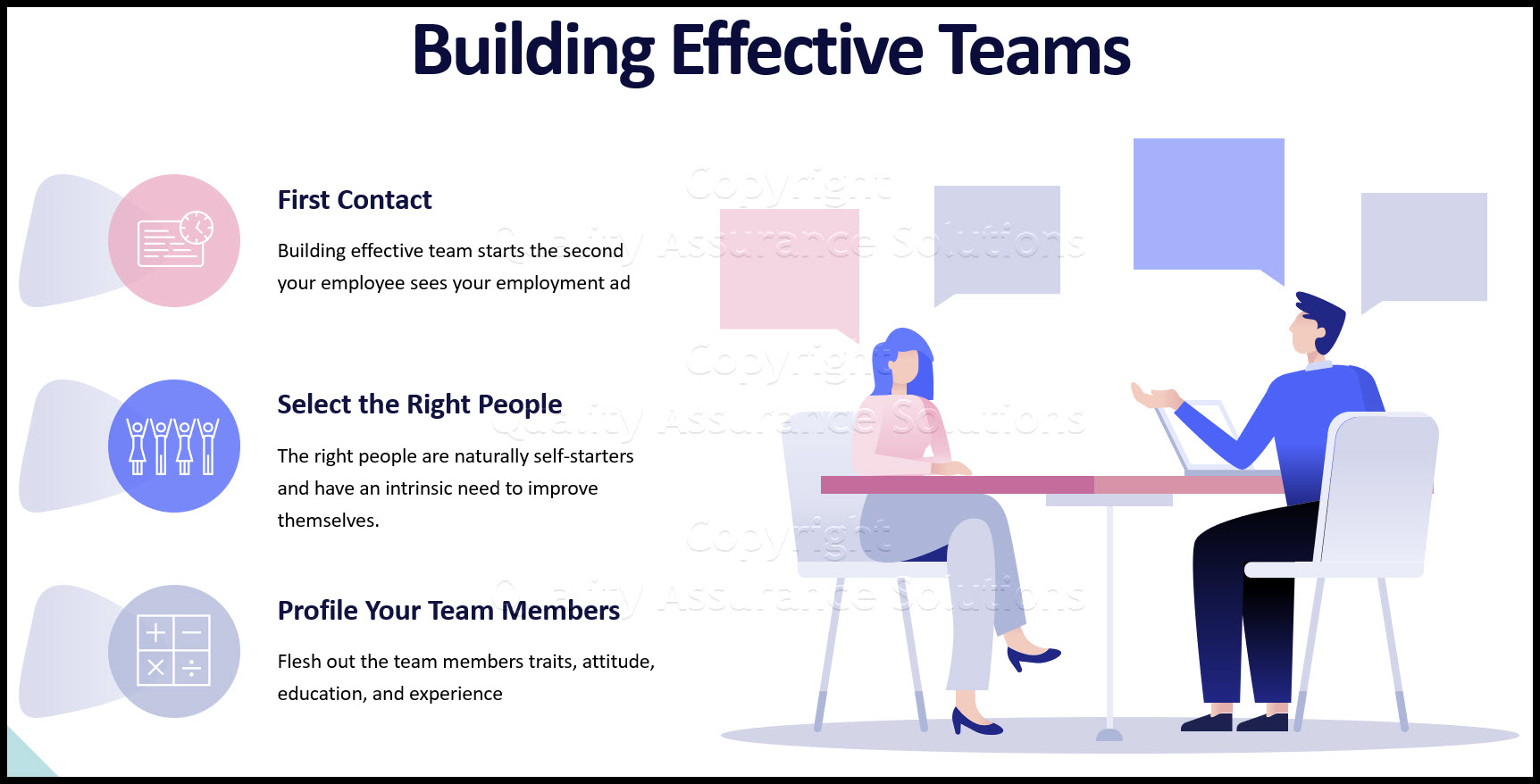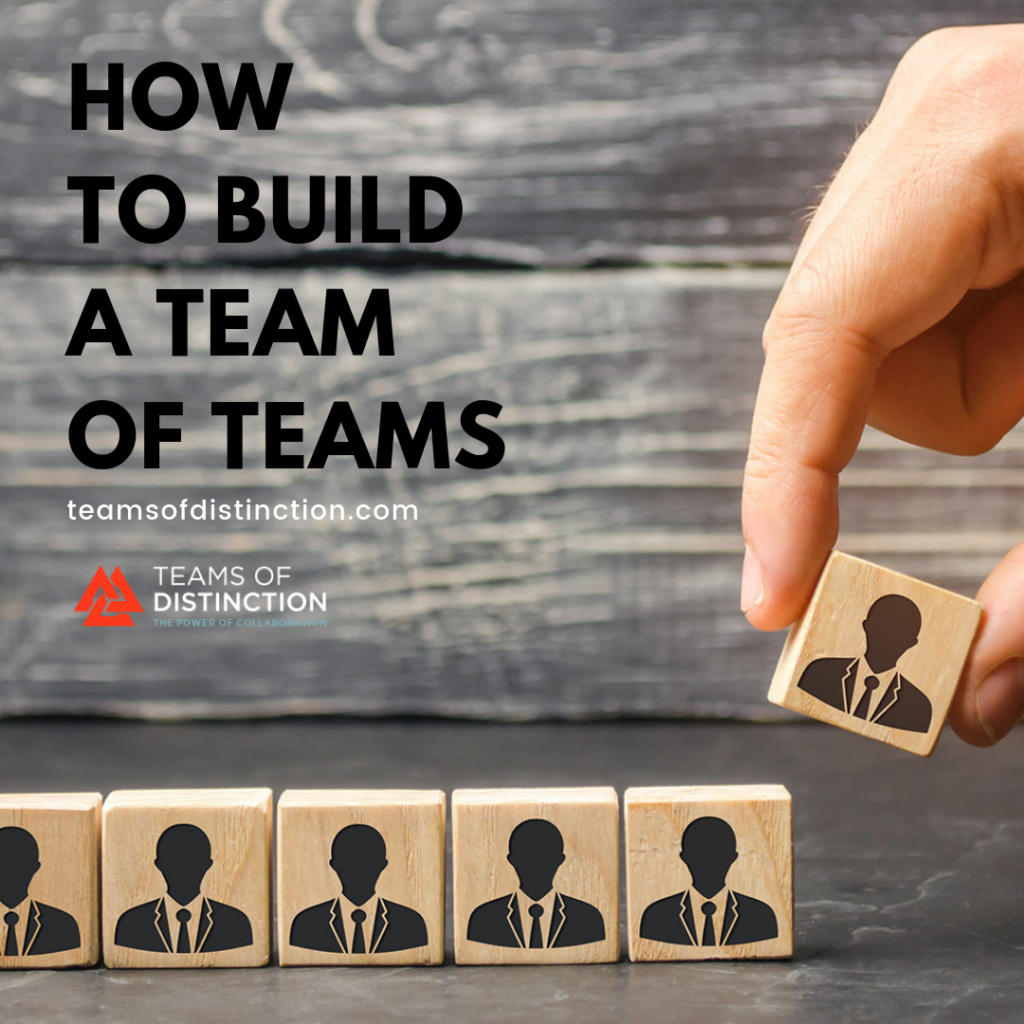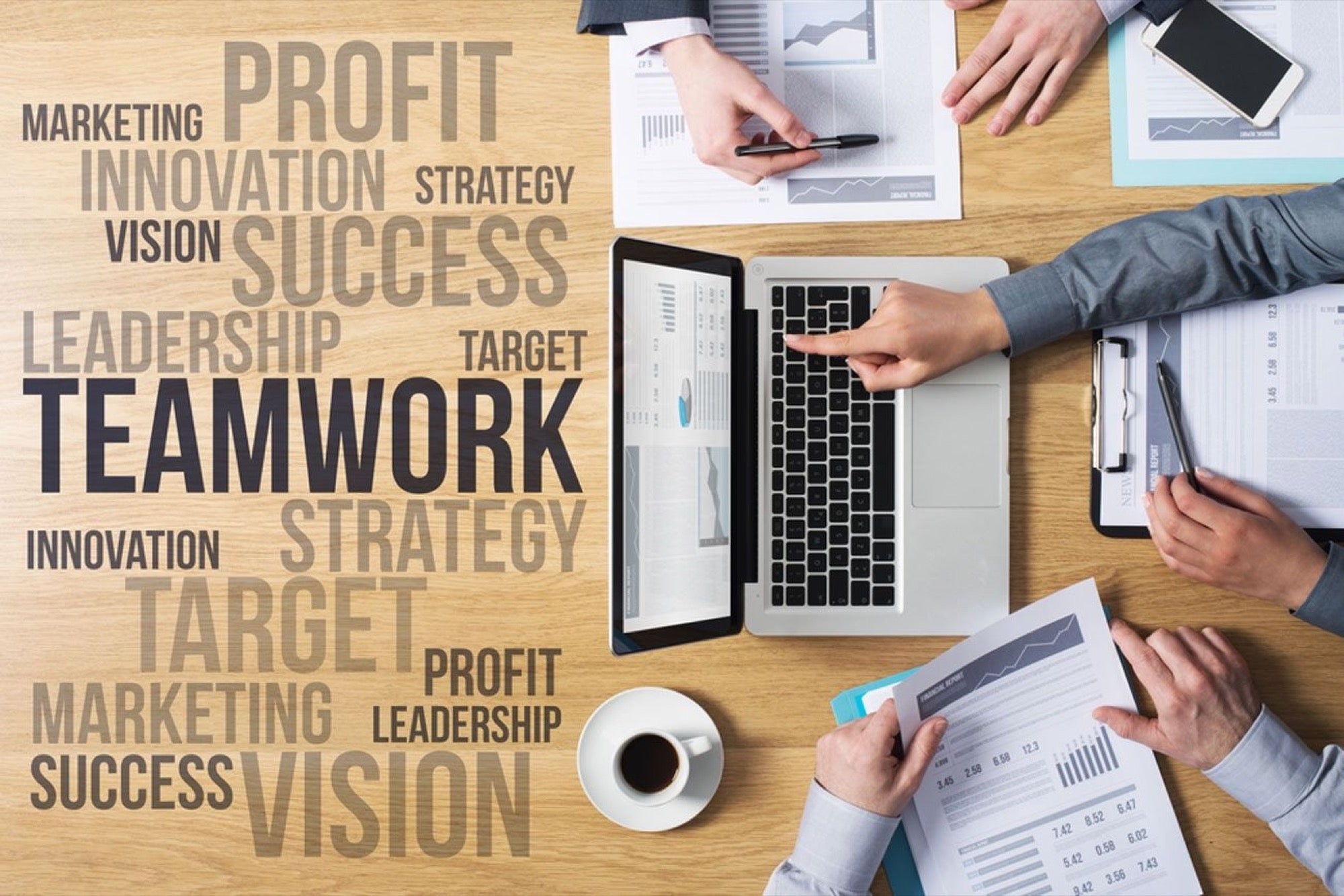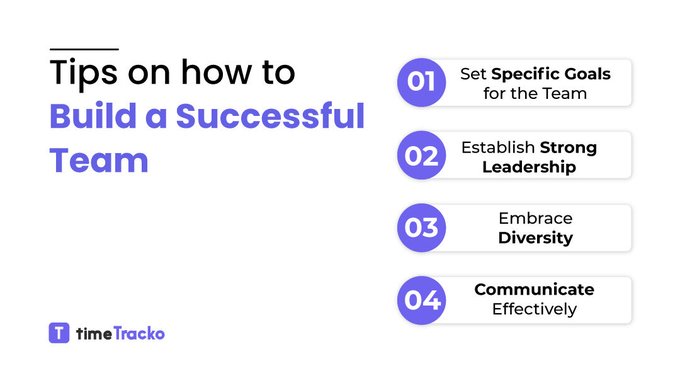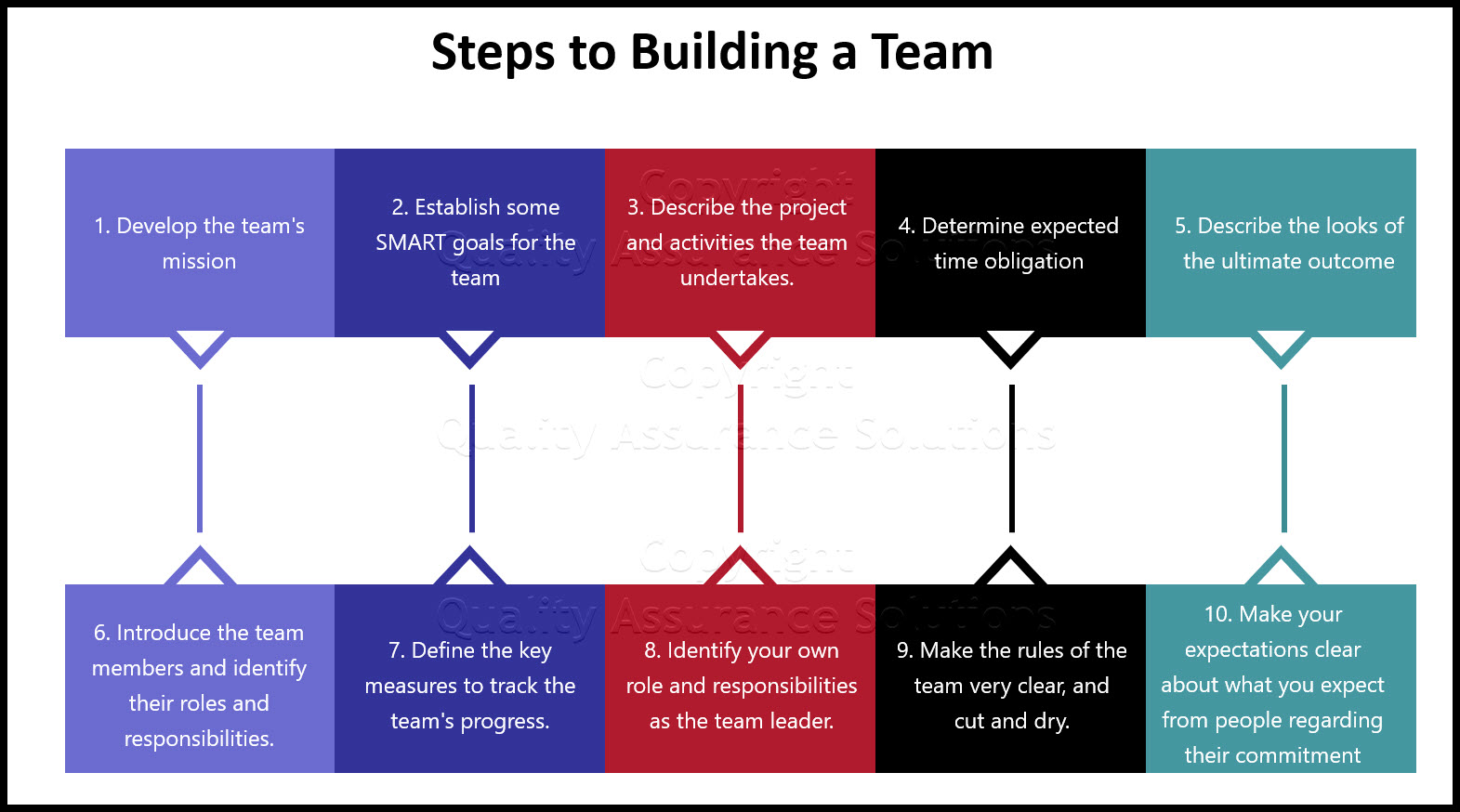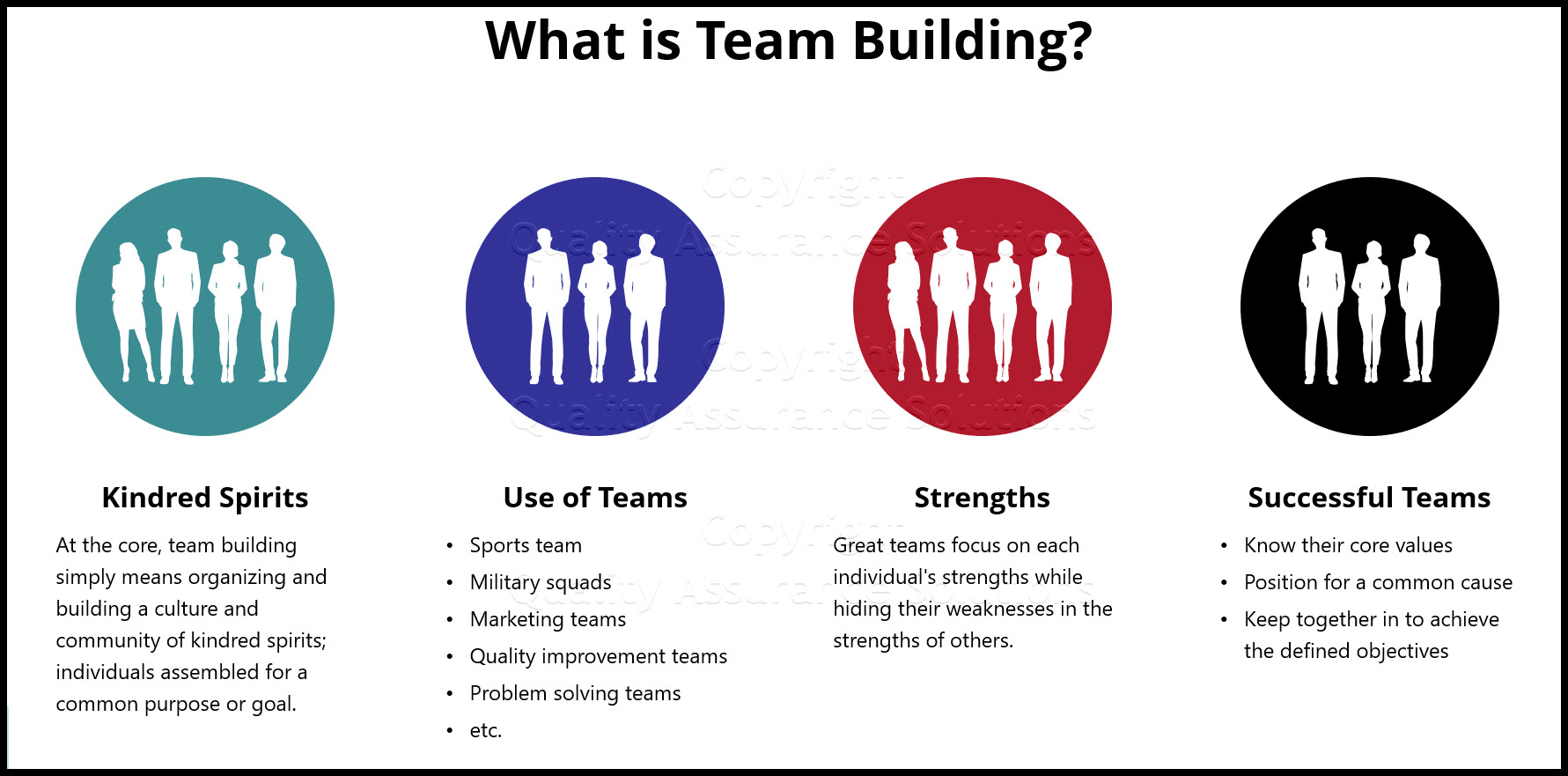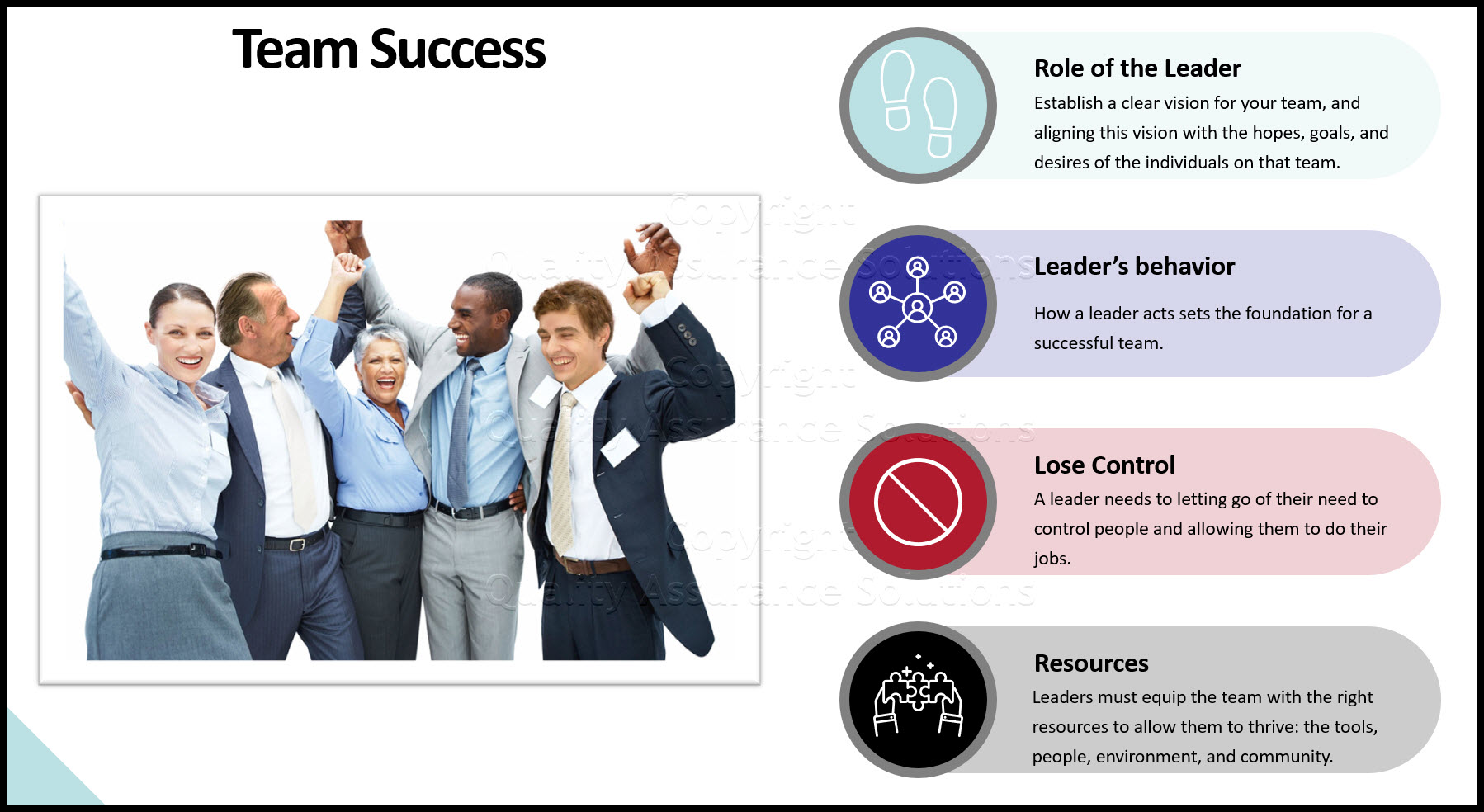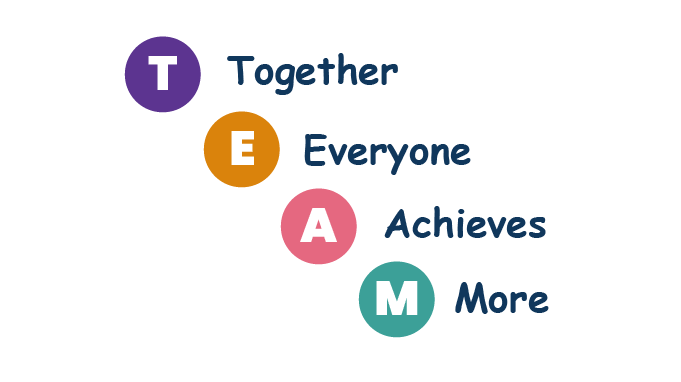How To Build A Team For Your Business
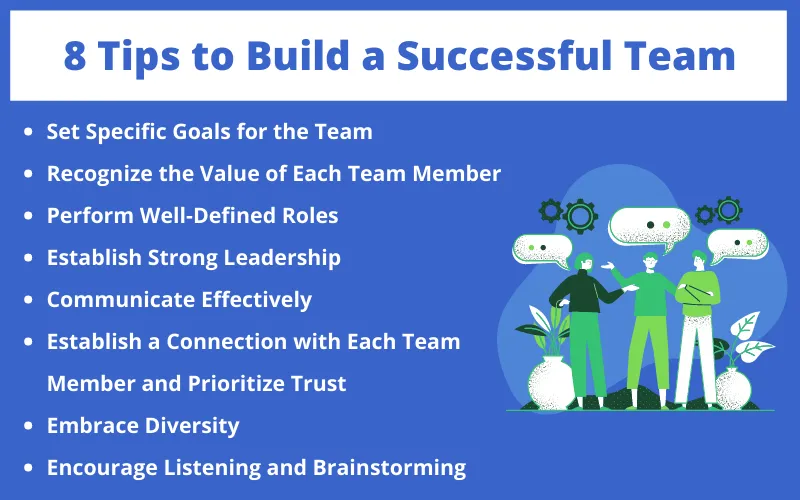
Building a successful business hinges on more than just a brilliant idea; it requires a strong, cohesive team. As many startups and established companies alike discover, assembling the right group of individuals can be the make-or-break factor in achieving long-term growth and stability. This article explores the essential steps in building a high-performing team, drawing on expert advice and industry best practices.
The core of any successful team lies in understanding its purpose and the skills needed to achieve its goals. Laying a foundation of clear expectations and a well-defined hiring process is paramount.
Defining Roles and Responsibilities
Before even beginning the recruitment process, it's crucial to clearly define the roles and responsibilities required for each position. Conduct a thorough analysis of the business needs and determine what skills, experience, and personality traits are essential for each team member.
This detailed assessment will serve as the blueprint for the entire hiring strategy.
Creating a Comprehensive Job Description
A well-written job description is the cornerstone of attracting qualified candidates. It should accurately reflect the day-to-day tasks, required skills, and the overall contribution the role makes to the company's mission. According to a 2023 survey by Society for Human Resource Management (SHRM), candidates are more likely to apply for positions with clear and concise job descriptions.
Include information about the company culture, values, and opportunities for professional development to further entice potential applicants.
Recruiting Top Talent
Once the job descriptions are finalized, the next step is to implement a robust recruitment strategy. This involves leveraging various channels to reach a wide pool of qualified candidates.
This could include online job boards, social media platforms, industry-specific networks, and employee referral programs.
The Importance of Employee Referrals
Employee referral programs are often a highly effective way to source top talent. Employees are likely to refer individuals who share similar values and work ethic, leading to a better cultural fit within the organization. Data suggests that referred employees tend to stay with the company longer and perform better than those sourced through other channels.
The Interview Process
The interview process is a critical opportunity to assess candidates' skills, experience, and personality. Structure the interview to include behavioral questions that reveal how candidates have handled challenging situations in the past. "Tell me about a time when..." is a great way to start behavioral questions.
Incorporate skills assessments or practical exercises to evaluate their technical abilities.
Assessing Cultural Fit
Beyond technical skills, it's essential to assess whether a candidate aligns with the company's culture and values. Consider incorporating team interviews or informal meet-and-greets to gauge how well the candidate interacts with existing team members. Remember, a strong cultural fit can significantly impact team cohesion and productivity.
Onboarding and Training
The onboarding process plays a crucial role in setting new employees up for success. Provide a comprehensive orientation that covers the company's mission, values, and expectations. Invest in ongoing training and development opportunities to help employees grow their skills and advance their careers.
According to a recent study by Gallup, companies with strong onboarding programs experience significantly higher employee retention rates.
Fostering Collaboration and Communication
A strong team is built on open communication and collaboration. Encourage regular team meetings, brainstorming sessions, and knowledge-sharing opportunities. Invest in collaboration tools and technologies that facilitate seamless communication and teamwork.
Building a high-performing team is an ongoing process that requires dedication, investment, and a focus on creating a positive and supportive work environment. By following these steps, businesses can increase their chances of assembling a team that is not only skilled and experienced but also passionate and committed to achieving shared goals. Ultimately, the strength of the team directly impacts the success and sustainability of the business.
